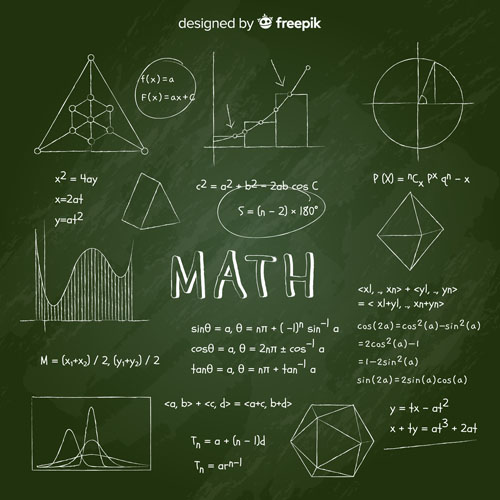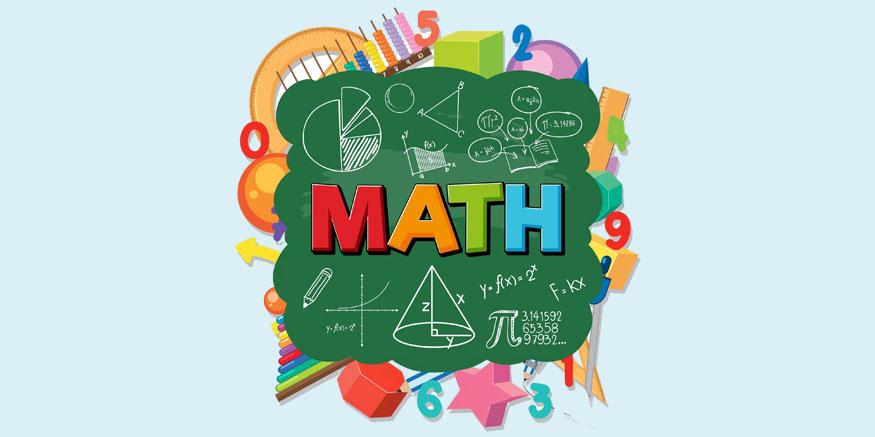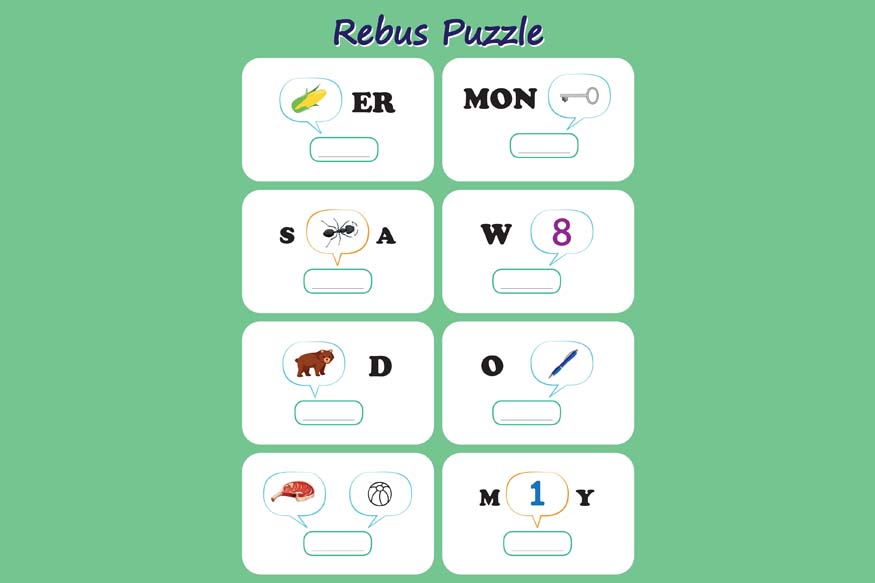Mathematics is essential for academic success and everyday life. Building a strong foundation in mathematics during high school is crucial for understanding more advanced concepts in later years. Here are some tips to help you develop a solid mathematical base.
Understanding the Basics
Master Basic Arithmetic: Before moving on to more complex topics, you must have a strong grasp of basic arithmetic operations like addition, subtraction, multiplication, and division. These are the building blocks for all higher-level math concepts.
Learn to Appreciate Algebra: Algebra forms the foundation for advanced mathematics where manipulating equations, working with variables, and solving for unknowns are crucial. Practice simplifying expressions, solving linear equations, and factoring polynomials as these form the base for complex algebraic equations and expressions as the level increases.
Grasp Geometry Fundamentals: Geometry is all about understanding the shapes, sizes, and properties of space. Focus on key concepts such as angles, triangles, circles, and the Pythagorean theorem. Learning to visualise and solve geometric problems is essential.
Developing Problem-Solving Skills
Practice Regularly: Mathematics requires practice and solving different types of problems to understand various methods and solutions will help in the long run. Regular practice helps to retain concepts and improve problem-solving speed and accuracy.
Work on Word Problems: Word problems help in applying mathematical concepts to real-world scenarios. Practice translating verbal descriptions into mathematical equations, as this enhances comprehension and application skills.
Break Down Complex Problems: When faced with a complex problem, break it down into smaller, manageable parts. Solve each part step by step. This approach simplifies the problem and reduces the chances of making errors.
Utilising Resources Effectively
Use Textbooks and Online Resources: Textbooks are a valuable resource for learning mathematical concepts. Additionally, use online platforms like Khan Academy, Coursera, or YouTube for supplementary learning. These platforms offer video tutorials, interactive exercises, and practice problems.
Join Study Groups: Study groups provide a collaborative environment for learning. Discussing problems and solutions with peers helps in understanding different perspectives and methods. It also makes learning more enjoyable.
Seek Help When Needed: Do not hesitate to ask for help if you are struggling with a concept. Seek help from your Teachers, tutors, and classmates and get your doubts clarified to ensure you don’t fall behind.
Strengthening Conceptual Understanding
Understand, Do not Memorise: Focus on understanding the ‘why’ behind mathematical concepts instead of rote memorisation. Knowing why a formula works or a theorem is true makes it easier to apply in different situations.
Use Visual Aids: Utilise Visual aids like graphs, charts, and diagrams to understand abstract concepts better. Drawing pictures or diagrams can make complex problems more tangible and easier to solve.

Relate Math to Real Life: Relating mathematical concepts to real-life situations can make learning more meaningful. For example, understanding percentages through shopping discounts or using geometry in architectural designs helps to grasp concepts better.
Fun Facts
- Golden Ratio: The golden ratio, approximately 1.618, is a special number found in nature, art, and architecture. It creates aesthetically pleasing proportions and can be found in famous artworks like the Parthenon in Greece.
- Euler’s Number: Euler’s number (e) is approximately equal to 2.71828 and is one of the most important numbers in mathematics, especially in calculus. It’s named after the Swiss mathematician Leonhard Euler.
- Math and Music: Music and math are closely related. Notes and rhythms follow mathematical principles. For example, a musical octave is a doubling of frequency, and rhythms can be broken down into fractions.
Building Confidence and Staying Motivated
Set Achievable Goals: Set short-term and long-term goals for your math studies. Achievable goals will provide you with a direction and motivation to study. Celebrate small victories to stay encouraged.
Stay Positive: Maintain a positive attitude towards mathematics. Believe in your ability to learn and succeed. Overcoming challenges in math can boost your confidence in other subjects as well.
Learn from Mistakes: Mistakes are a part of the learning process and analyse where you went wrong and understand the correct method. Learning from errors prevents repeating them and strengthens your understanding.
Preparing for Exams
Review Regularly: Regularly review the topics covered in class. Repetition reinforces your memory and understanding of the topics. Create summary notes or flashcards for quick revisions.
Practice Past Papers: Solving past exam papers familiarises you with the exam format and types of questions asked. It also helps in time management and identifying areas that need more practice.
Develop Test-Taking Strategies: Learn effective test-taking strategies such as eliminating wrong answers, managing time efficiently, and tackling easy questions first. These strategies can improve your performance in exams.
Staying Organized
Keep a Math Journal: Maintain a math journal to note down important formulas, theorems, and concepts. Writing things down will help you retain information and provide a quick reference for revision.
Organise Your Study Space: A clean and organised study space minimises distractions and enhances focus. Keep all necessary materials like textbooks, notebooks, and calculators within reach.
Follow a Study Schedule: Create a study schedule that allocates specific time slots for math practice. Consistency is key to mastering mathematical concepts. Stick to your schedule and make adjustments as needed.
Conclusion
Building a strong foundation in mathematics requires dedication, practice, and a positive attitude. You can excel in mathematics by mastering the basics, developing problem-solving skills, utilising resources effectively, and staying motivated. Remember, every small step towards understanding adds up to significant progress. Stay curious, keep practising, and enjoy the journey of learning mathematics!
For more such informative/interesting blogs, visit Center Point School.





